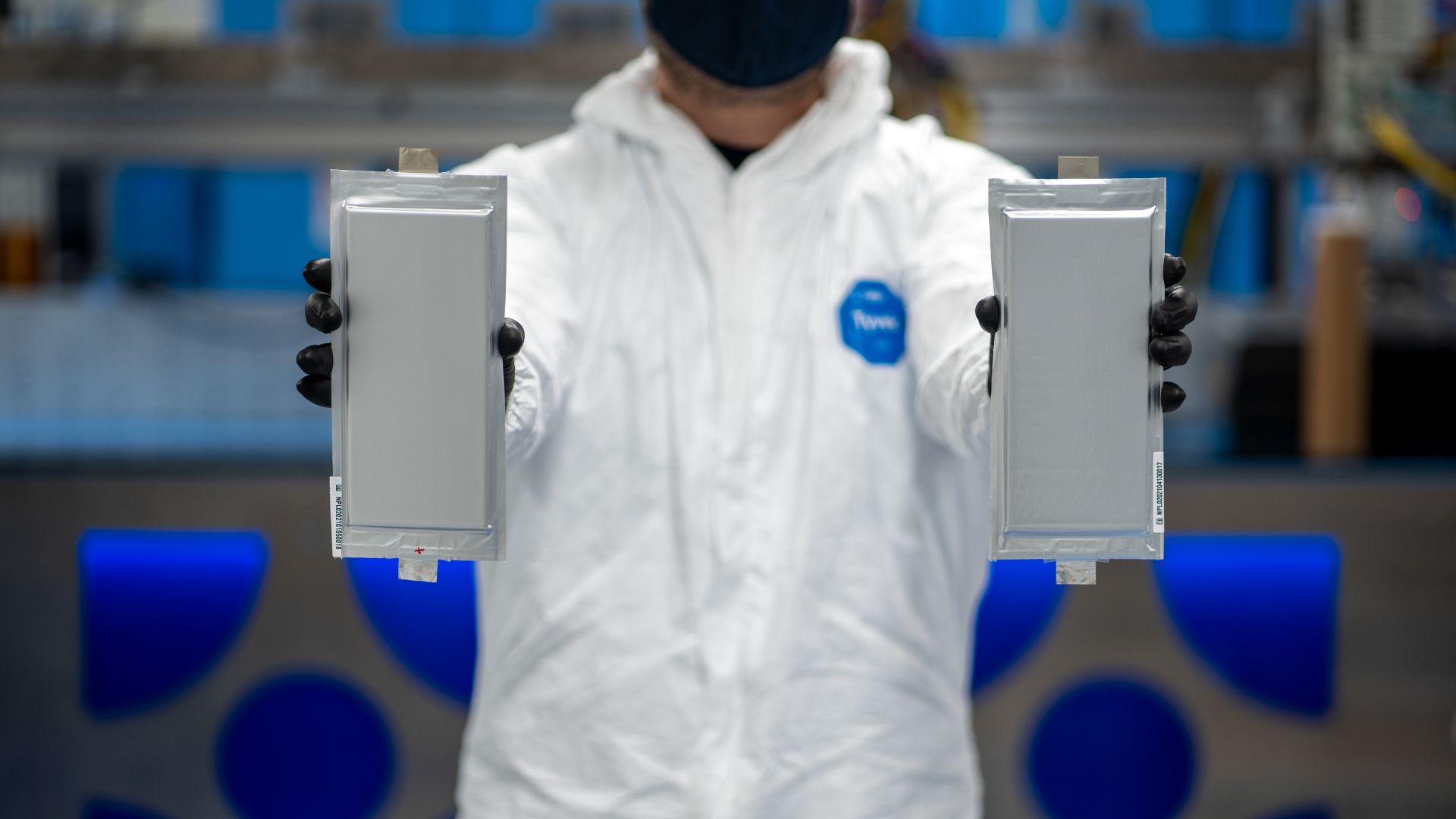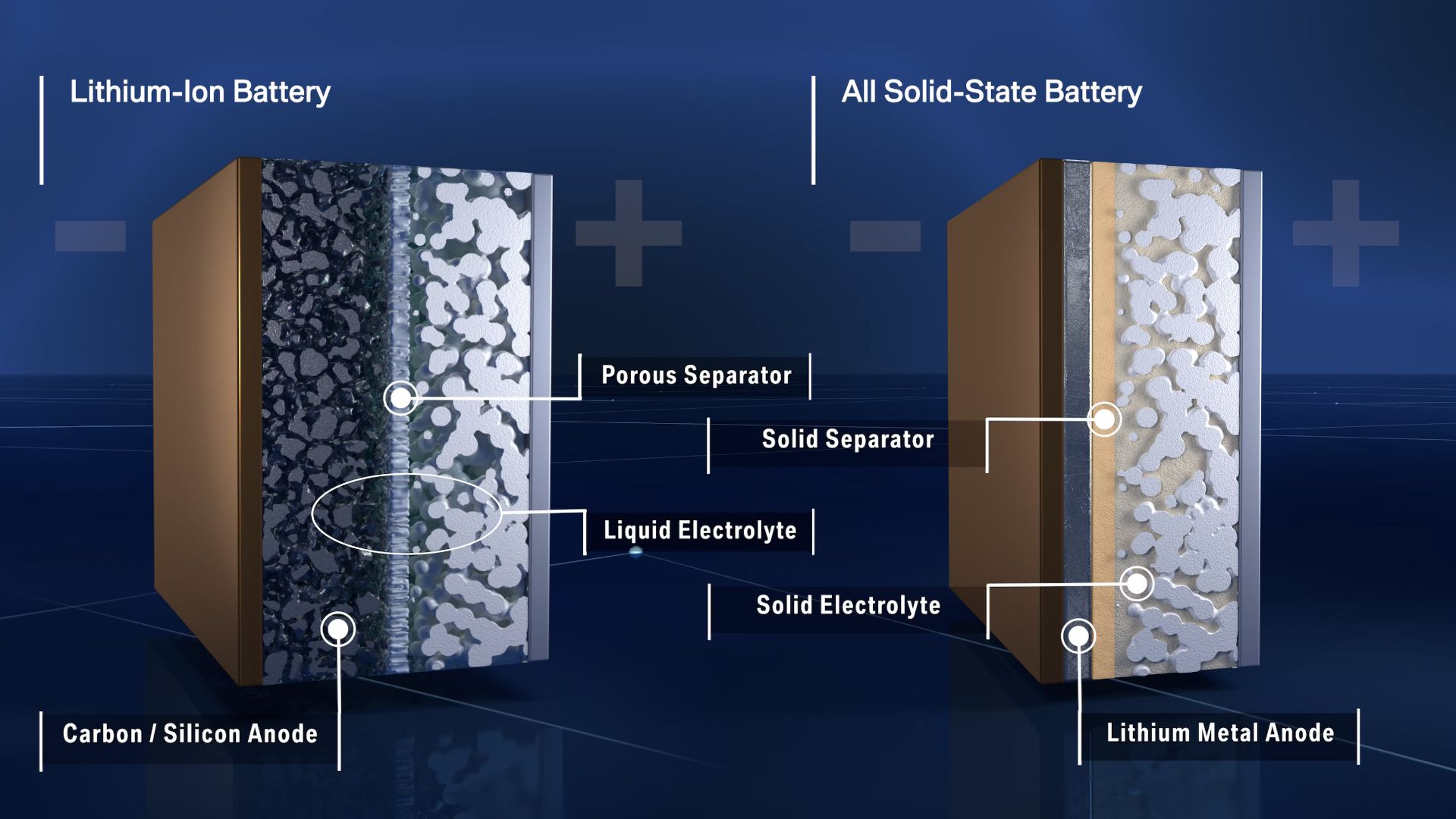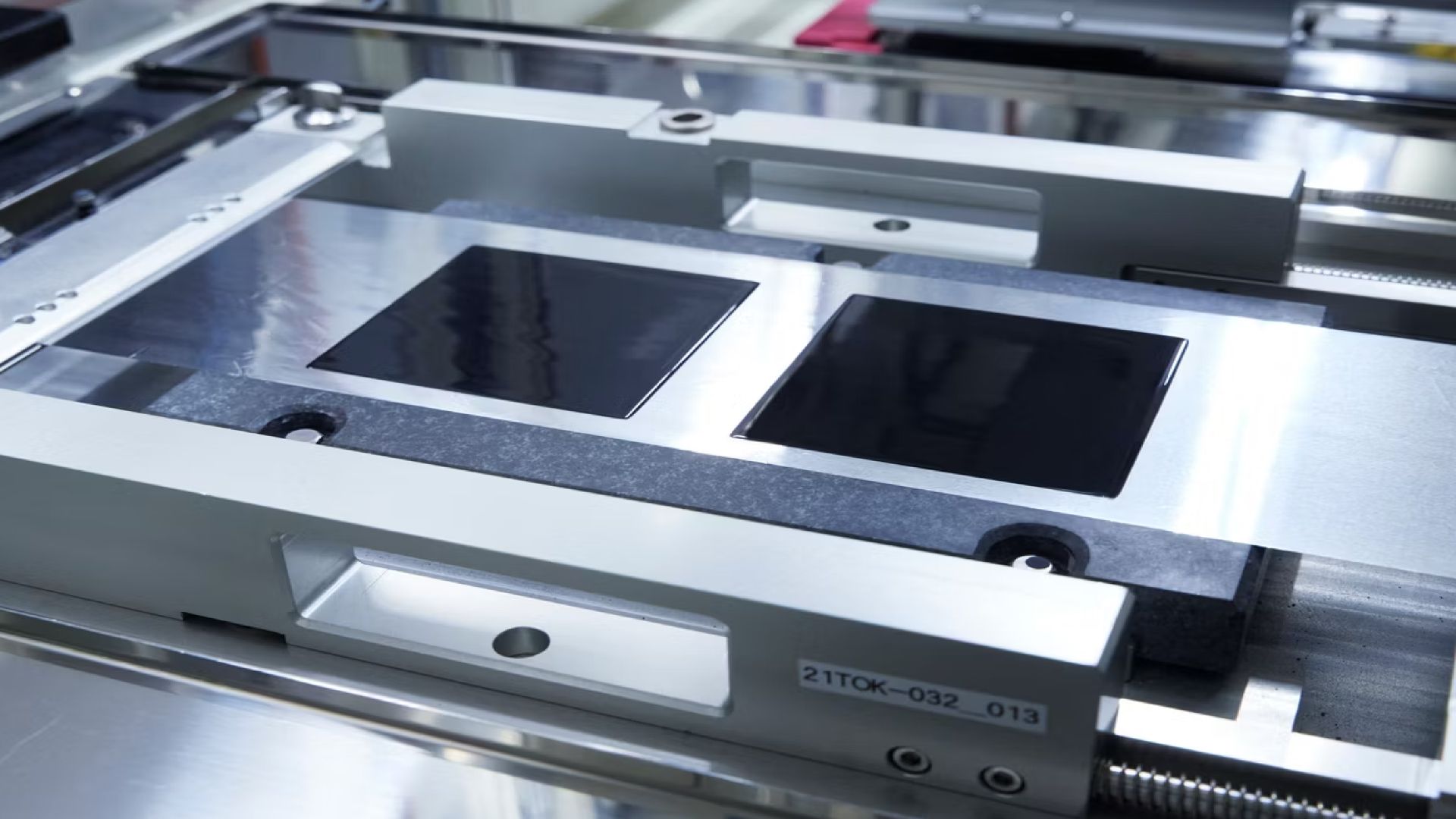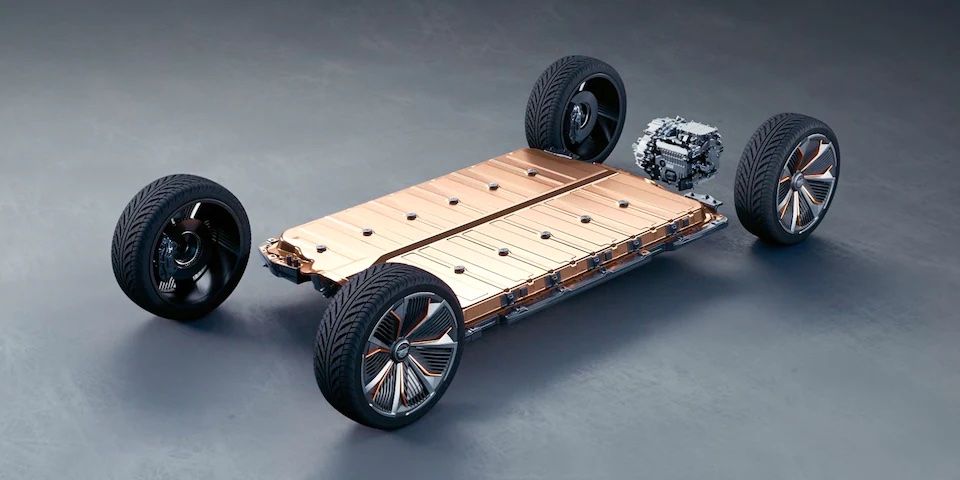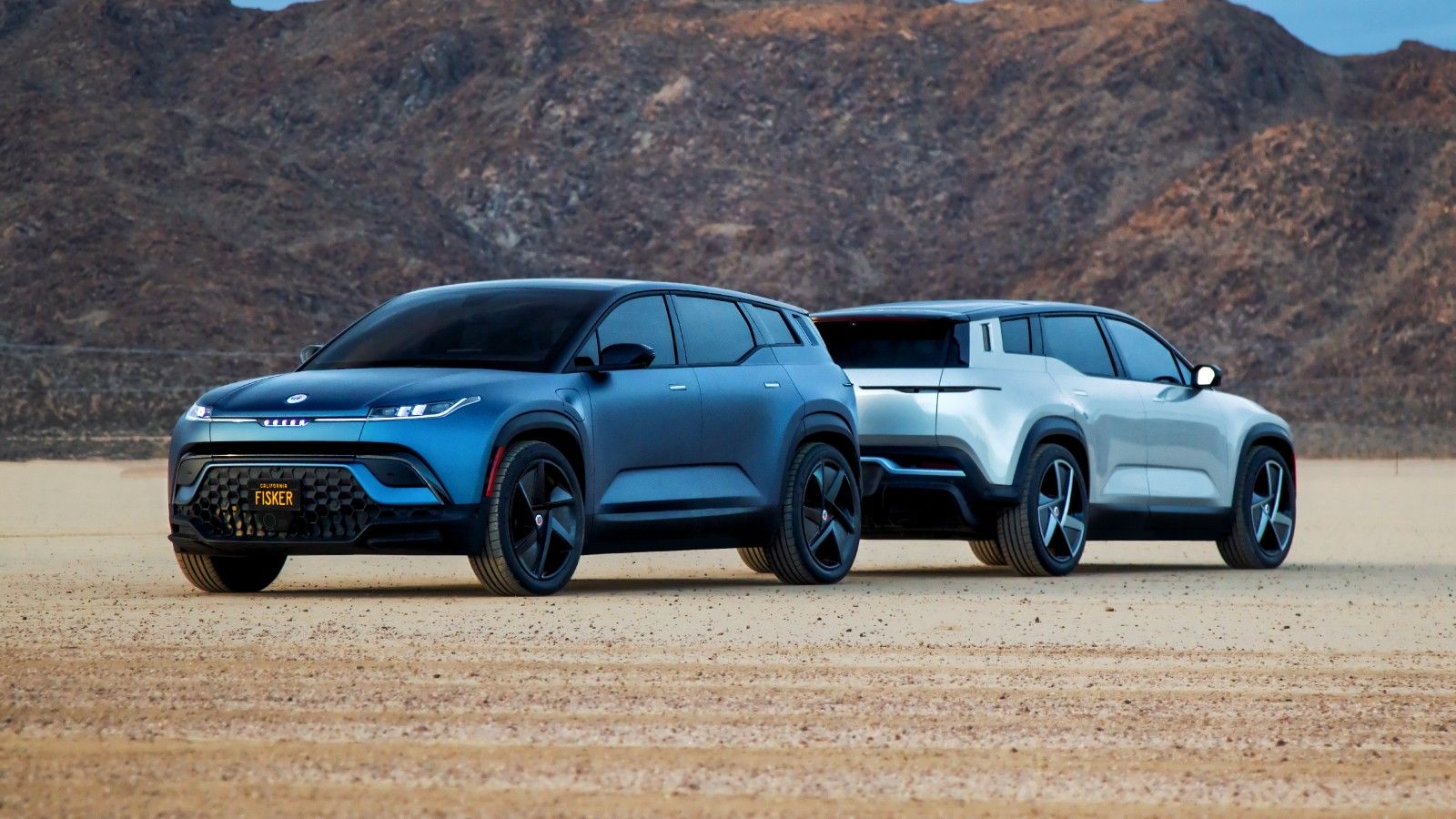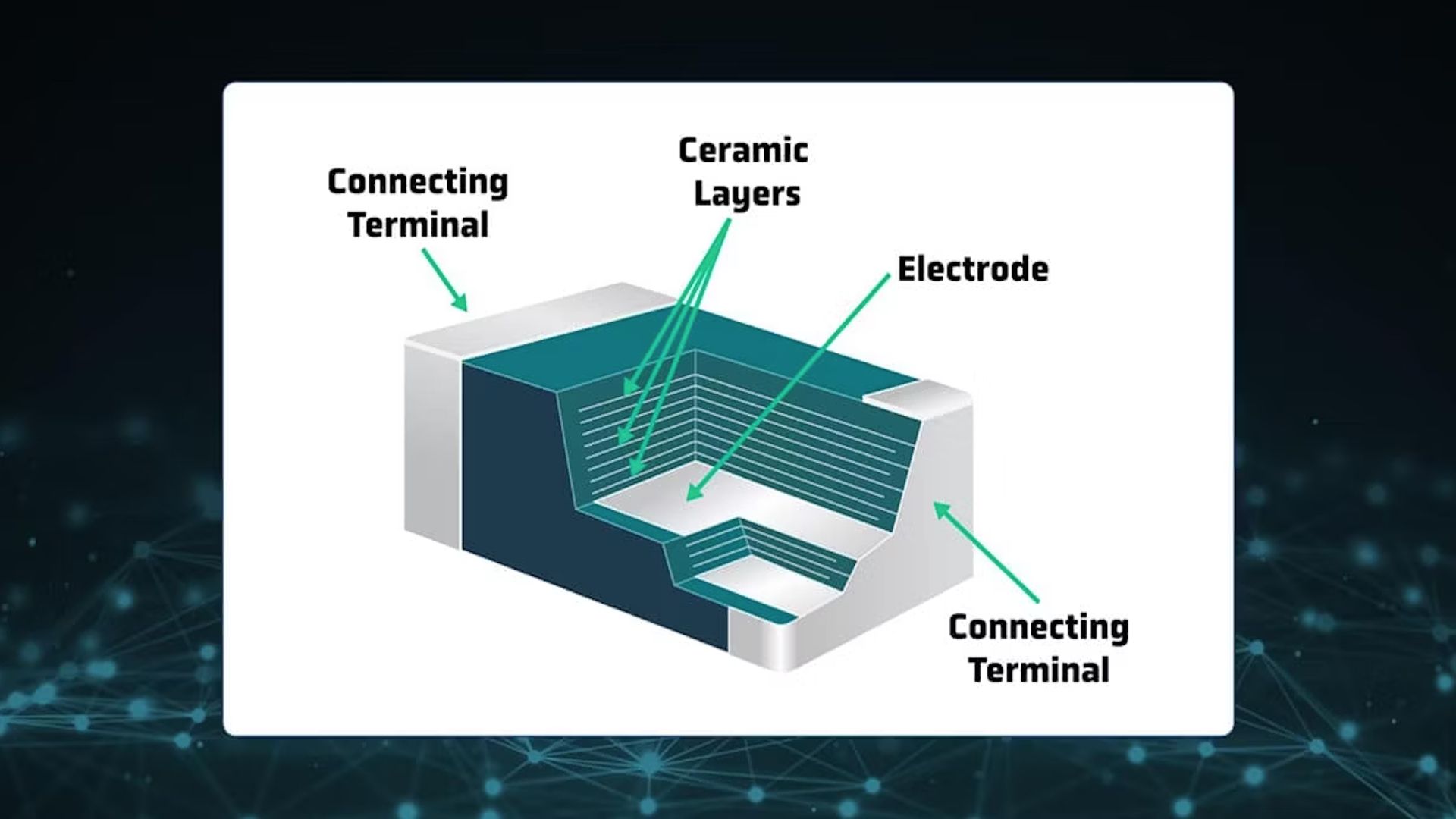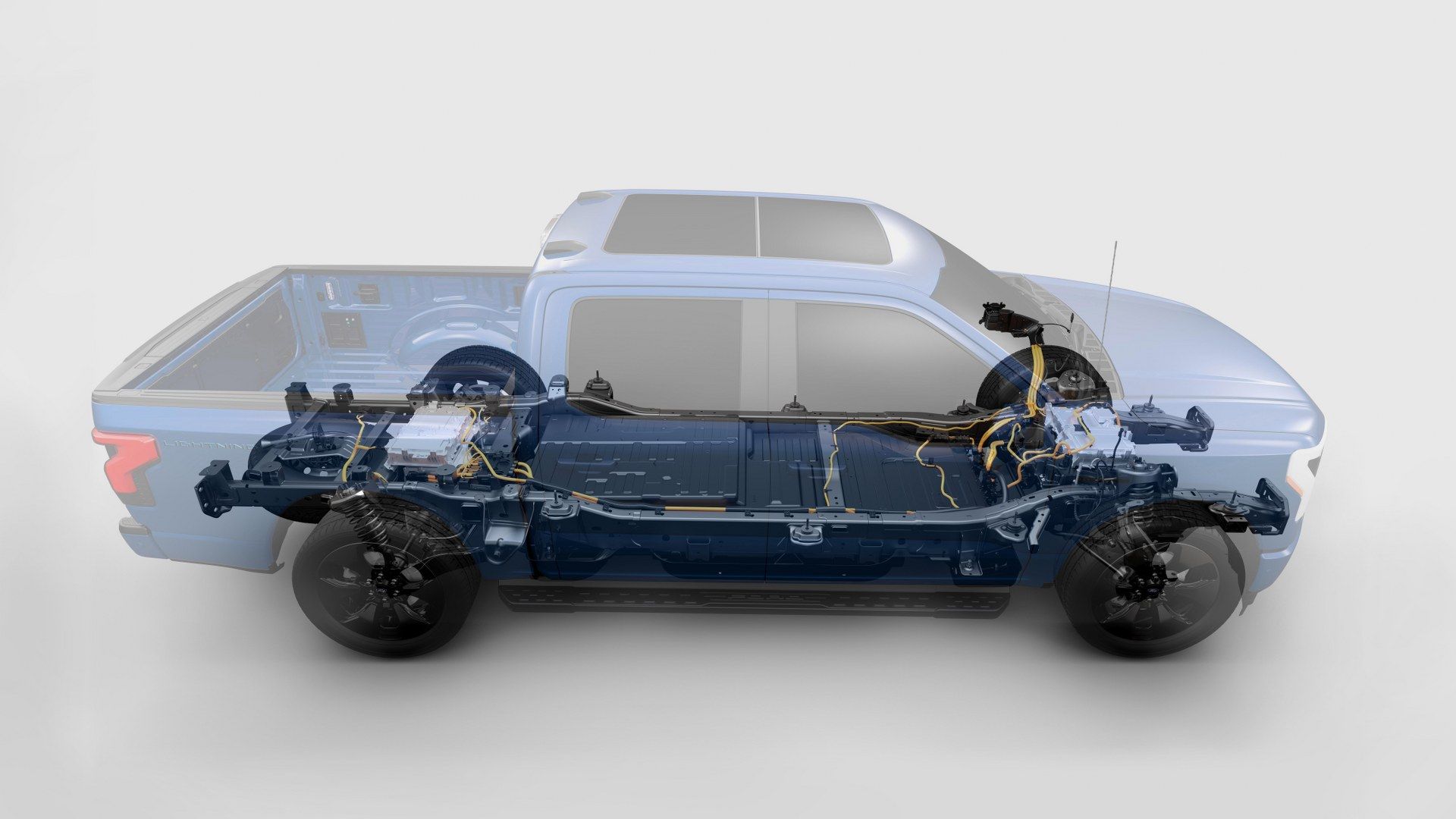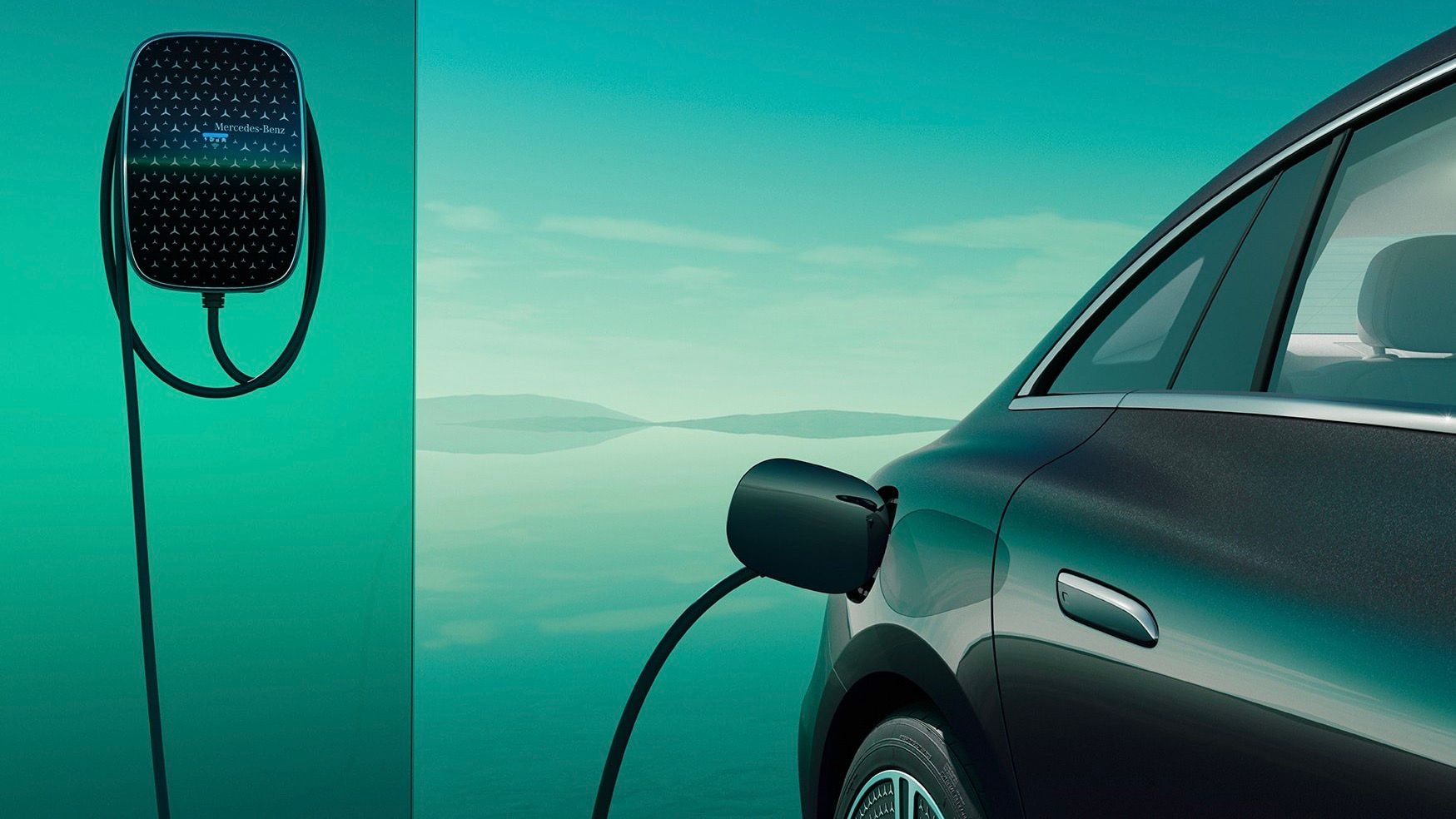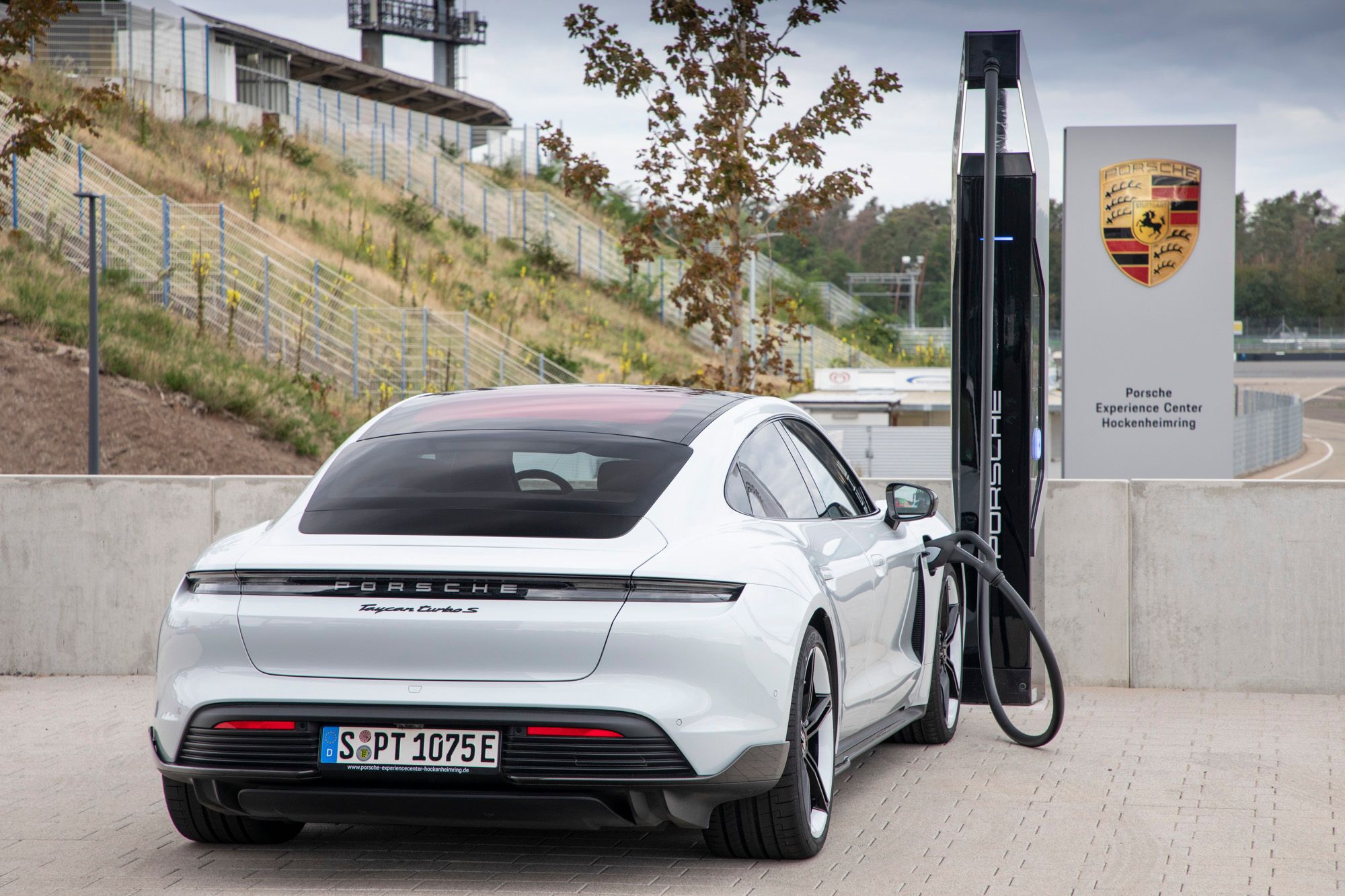Electric vehicles are reliant on batteries, however, this is one of the major drawbacks and challenges faced in the industry, as the current batteries used have shown imperfections and unreliability. Due to this, the technology is undergoing great innovation with the aim to produce a more efficient and reliable form of transport. Solid-state batteries are being considered the next big move for EV manufacturers, as this battery technology provides, improved performance, a longer lifespan, and an increase in safety. Lithium-ion batteries are the preferred choice in almost all EVs, bringing risk to the environment, for little reward. It is a somewhat counterintuitive choice for the EV movement, as it is considered an environmentally conscious decision.
The introduction of solid-state batteries in the EV industry is likely to be a significant development aimed at accelerating the transition to a clean and more sustainable energy future. Japanese car manufacturers, Toyota and Honda have stated their ambition to move their vehicles onto solid-state batteries, with ambitions to make this happen within the next decade. This could be the next move for the EV industry, and it is important to know a bit more about these batteries.
10 The Difference Between Solid-State And Lithium-Ion Batteries
The main difference between solid-state and lithium-ion batteries is the electrolyte type used to transport ions between the electrodes. Lithium-ion batteries use a liquid form of electrolytes, compared to solid electrolytes used in solid-state batteries. These solid-state batteries are considered more chemically stable, as they are made from a polymer or ceramic material. This stability in chemicals makes them a safer option for use in electric vehicles, as they are much less likely to overheat, preventing leaks or catching fire. A higher energy density is also possible with solid-state batteries, making them more efficient and performance-enhancing for an electric motor. However, Tesla’s founder Elon Musk has negatives to say about this innovation in EV batteries, as he believes the lithium-ion batteries are a more mature and thought-through option.
9 There Are Challenges With Using Solid-State Batteries In EVs
Solid-state batteries offer several advantages over traditionally used lithium-ion batteries. However, some challenges still need to be overcome before a large-scale implementation into the use of EVs can be made. One of the biggest challenges currently, is the cost of production. A more complex manufacturing process comes with producing solid-state batteries, and as this technology is still in its juvenal stages, this comes with a high cost, for specialized equipment and materials. These batteries also come with issues regarding temperature. Solid electrolytes are less tolerant to fluctuations, performing best at higher temperatures. This could be a huge problem for using EVs in cold climate areas. Another point is the stability and reliability of this new technology, tests on their performance and deterioration over time are limited, meaning unforeseeable problems could occur in EVs if this technology is implemented without further research.
8 When Will We See Solid-State Batteries In EVs?
High energy density, fast charging times and an improvement in safety are the major factors towards the movement of implementing solid-state batteries into electric vehicles. While research and development have been ongoing for many years, it is still difficult to see a soon-approaching future of these batteries being put into EVs. Some automakers have announced their plans to launch solid-state EVs later this decade, but some suggest it may take longer than this, due to the infrastructure of the manufacturing process. BMW has partnered with Solid Power, a U.S.-based start-up, manufacturing solid-state batteries. This is to test the technology and implementation implications of EVs. This is a contrast to Hyundai, who are developing the technology in-house, with the aim to launch their first solid-state EV in 2027. These companies, among others, are investing a significant amount of money and resources in commercializing this new technology.
7 Solar-state Batteries Impact On The EV Market
A significant impact on the EV market could be around the corner if this technology is commercialized, providing benefits to manufacturers and drivers. Electric vehicle owners can expect a drastic increase in range, due to the higher energy density. In addition to also having faster charging times, the EV movement could be a lot more appealing, as it will begin to transform into an effortless choice. As it would align with traditional gasoline engines, stopping off for a quick refill of charge, before continuing with a drive. A benefit for manufacturers would be the reduced size and weight of the batteries onboard vehicles, resulting in them being less expensive to produce and easier to install. This benefit could also transition into a buyer, as a decrease in the price of EVs may occur.
6 'QuantumScape' Is Making Big Strides In The Solid-State Battery Tech
In December 2022, the electric vehicle battery start-up QuantumScape stated that it has begun shipping prototypes of its solid-state batteries to automotive companies. This is an incredibly important milestone for this innovative technology as practical tries can soon take place. However, it is important to note that QuantumScape is still forecasting the production of its batteries for 2024. The Volkswagen Group and Bill Gates are among some of the biggest investors in QuantumScape’s solid-state batteries, which shows the ambition and belief in the company's technology. QuantumScape does have some competitors in this race of solid-state to EVs, with companies like Solid Power aiming to beat them to commercialization. The performance of these batteries can be seen when comparing it to the Tesla Model 3 Long Range, where the QuantumScape battery charges more than twice as fast.
5 Solid-State Batteries Could Be The Key To Making EVs Mainstream
Accessibility and convenience have been some of the most talked about issues with electric motors. These two concerns focus on the pricing of EVs, the charge times, and the range of them. These points are huge factors when a buyer is looking for a new vehicle, as typically, a driver wants to be ensured that their vehicle is reliable and appropriate, for their activities. This is why solid-state batteries could change all this. As already mentioned, the way this technology works enables longer ranges, faster charging and an increase in safety. If this technology is commercialized, then the production costs could massively decrease. This could reduce the pricing of EV motors, which currently averages $10,000 more than ICE vehicles, according to a study conducted by the International Council on Clean Transportation. It is important to mention, EVs do have a higher upfront cost, but are generally cheaper in the long term.
4 The Environmental Benefits Of Switching To Solid-State Batteries In EVs
Significant environmental benefits could come from switching EVs to solid-state batteries. Firstly, longer-ranged vehicles mean that EVs will require fewer charging stops, reducing the overall energy consumption and impact of the charging infrastructure. In addition to this, the production of these batteries has the potential to be a more sustainable practice, as currently, the traditional lithium-ion battery process, involves the extraction of materials which is damaging. While solid electrolytes, used in solid-state batteries can be produced using more sustainable materials. Although this is a possibility, it truly relies on the manufacturing companies, such as QuantumScape and Solid Power, on how they proceed with their manufacturing processes and their efforts towards the environment. Commercialization of this technology could provide an incentive for these companies to be environmentally conscious.
3 There Are Still Risks To Solid-State Batteries In EVs
Although solid-state batteries provide many potential advantages for electric vehicles, there are still some risks which are associated with the technology. One of the more serious risks is the potential for a dendrite formation. This occurs when small fibers grow on the batteries electrodes and brings the risk of a short circuit. Another risk, which has been briefly mentioned, is the battery becoming too hot, which could cause the release of flammable gases. Seriously bringing the risk of the battery exploding. These risks have come from reports from Fisker in development, where the incidents involved the battery setting fire. It is important to note that this technology is still been developed and these issues should be overcome before the commercialization of this technology.
2 Development Status And Issues With Scalability
This technology sounds appealing and could be the future of EVs, however, it is still in early development and efforts to push it out recently have failed. This brings concerns about its development status and if the technology is even scalable, for commercialization in electric vehicles. While promising results of the technology have been made, it remains to be seen whether these results can be replicated on a large scale. Safety of the technology and performance enhancements are the driving factors of solid-state batteries for EVs and if this can’t be maintained on a large scale, then the movement doesn’t seem fit to execute. Furthermore, production costs and improving the energy density of these batteries have still been worked. These are the reasons this technology is still several years away.
1 Competition In Technology For EVs
Solid-state batteries are not the only innovation aimed at entering the EV market. There are other competing technologies that are also being developed, for use in EVs. One of the main competing technologies is lithium-sulfur batteries. These batteries offer a similar level of energy density and safety but have a much cheaper cost of production. However, lithium-sulfur batteries have a much shorter lifespan compared to solid-state, which could be seen as a huge disadvantage for application in EVs. Another competitor is hydrogen fuel cells, which could offer a massive increase in driving range and charging time, however, the infrastructure for the production and distribution of this technology is limited and dangerous. These technologies could impact the adoption of solid-state batteries in EVs.

